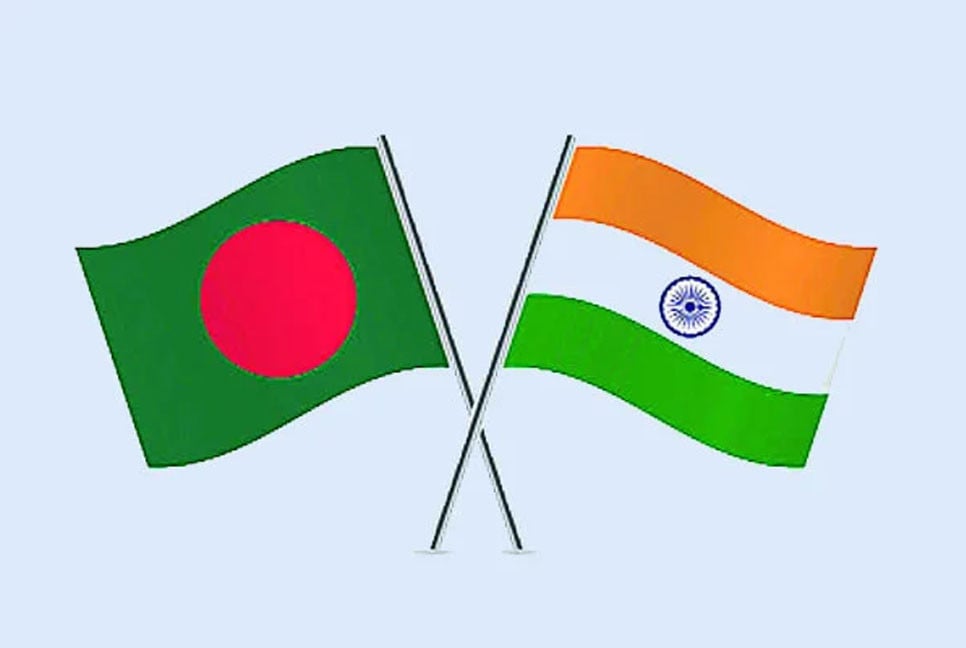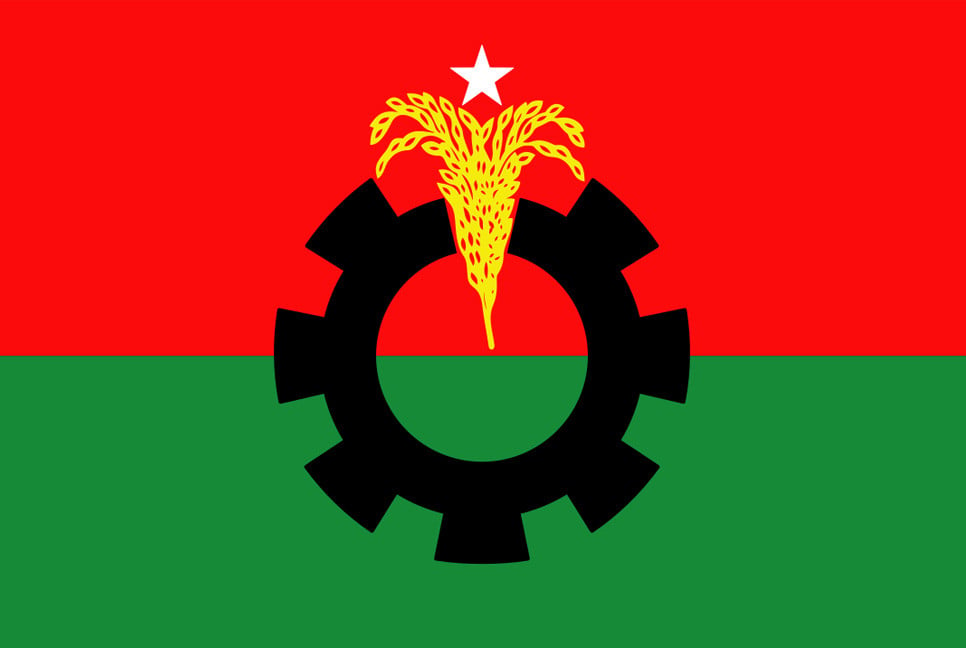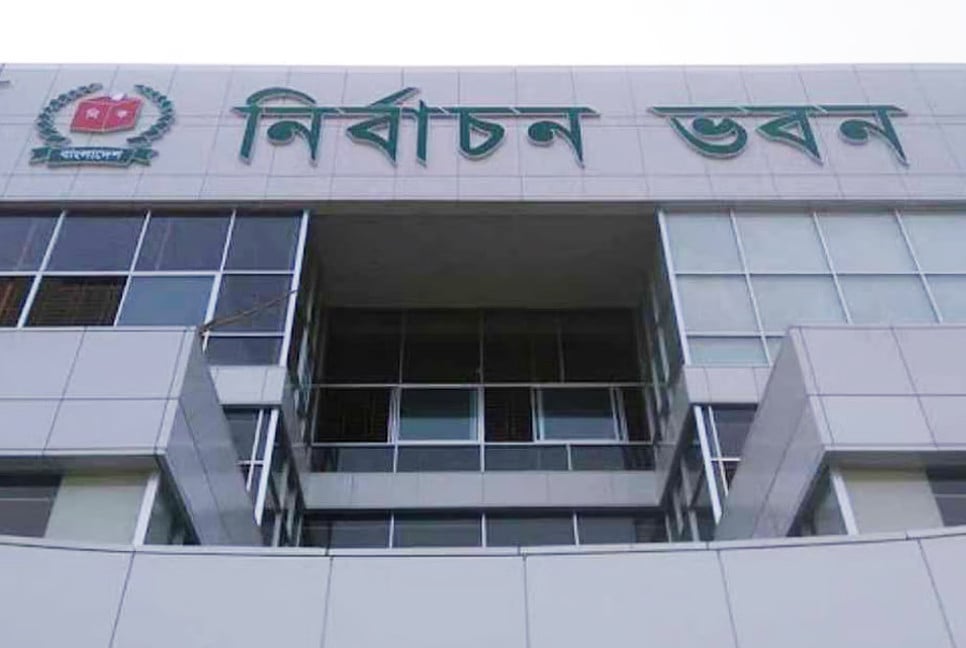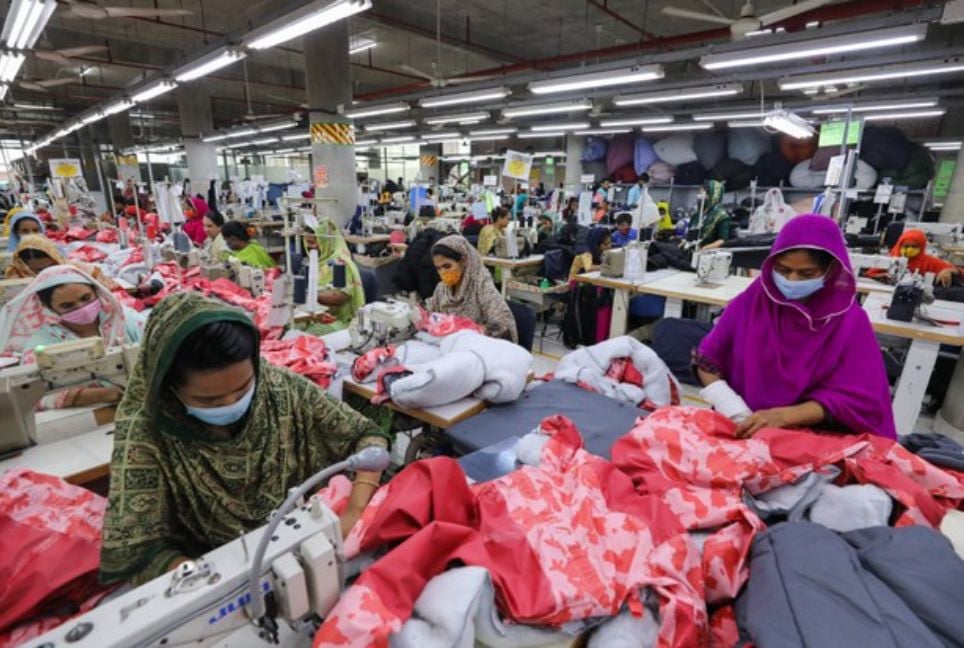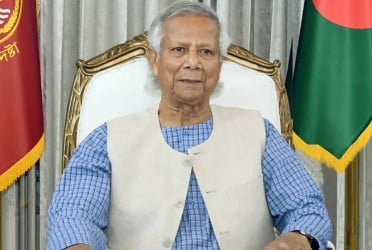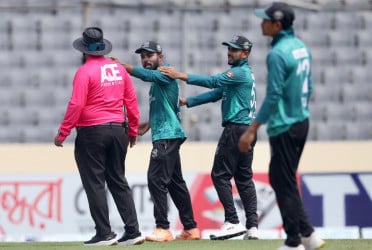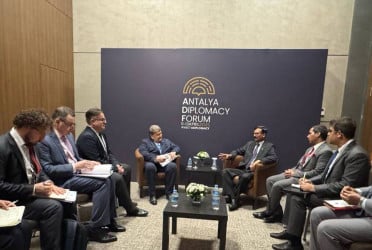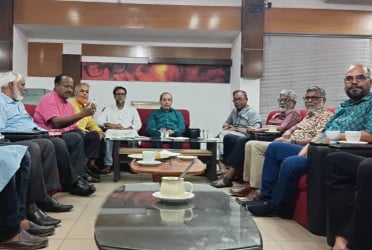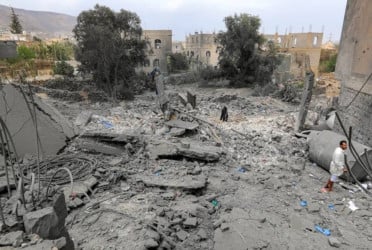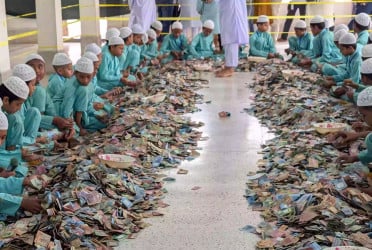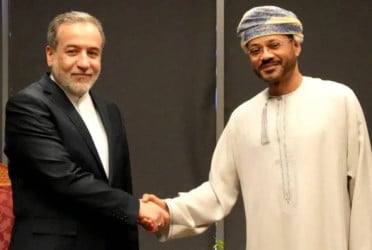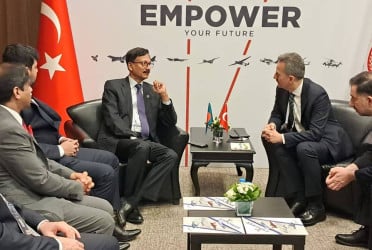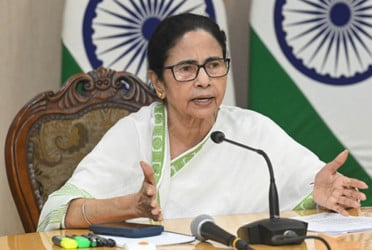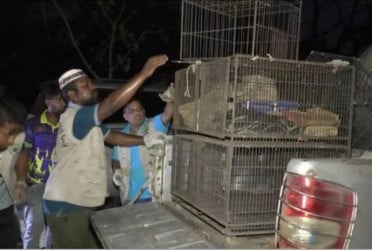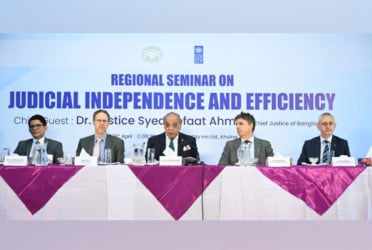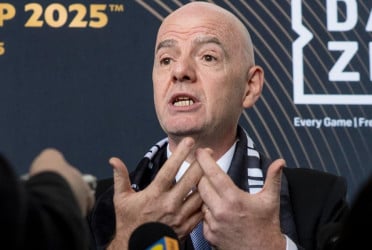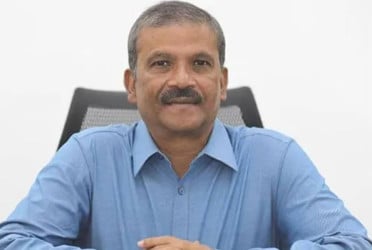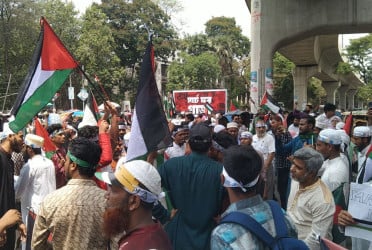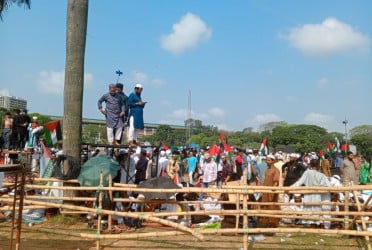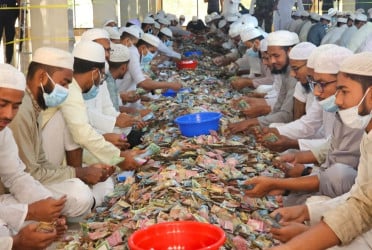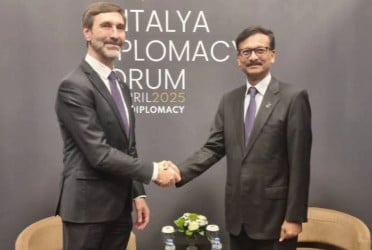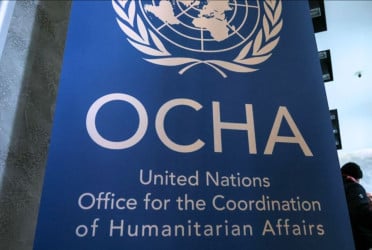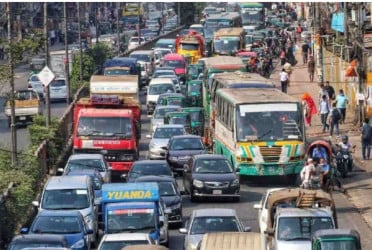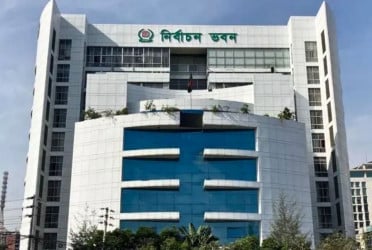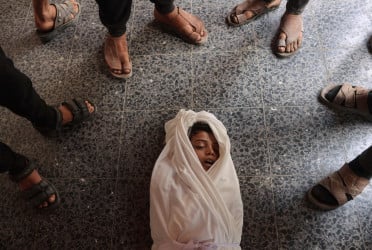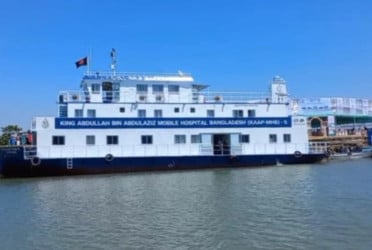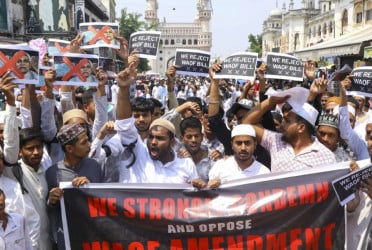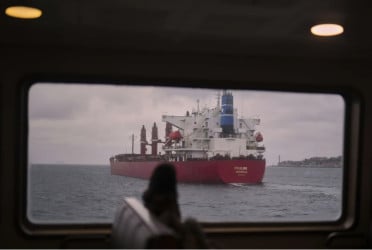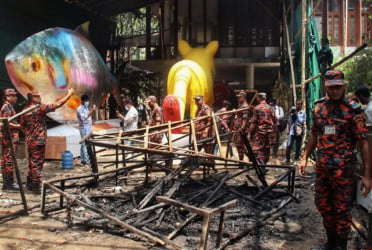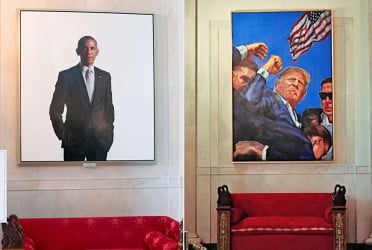"Over the past 15 years, transit has been a prominent topic in discussions between Bangladesh and India. However, the benefits have been predominantly one-sided, favoring India. While India has used Bangladeshi territory to transport goods to its northeastern states—the Seven Sisters—Bangladesh has not been allowed to transport goods to Nepal and Bhutan through Indian territory.
Selim Raihan, Executive Director of the South Asian Network on Economic Modeling (SANEM), told Bangladesh Pratidin: 'Transit should involve developing a versatile and efficient communication network by road, sea, air, and rail within a region or sub-region. Unfortunately, this vision has not materialized. What currently exists is more of a bilateral arrangement between Bangladesh and India, offering little benefit to Bangladesh.'"
Bangladesh's Demands: India has actively pursued transit relations with Bangladesh since 2009, shortly after the Awami League-led grand coalition government came to power. This initiative was primarily driven by India’s need to streamline internal and international trade with its northeastern states, which are separated from mainland India by the narrow ‘chicken’s neck’ corridor. Without access through Bangladesh, goods must travel approximately 1,500 km to reach the northeastern region. In contrast, utilizing routes through Bangladeshi ports significantly reduces this distance—for instance, the route from Agartala to Chittagong port is just 400 km.
Bangladesh, however, envisioned a broader framework for sub-regional connectivity in South Asia. Both Nepal and Bhutan, as landlocked countries, expressed keen interest in establishing transit links with Bangladesh. The geographical challenge was that Nepal and Bhutan would need to pass through Indian territory to access Bangladeshi ports. While India granted Nepal and Bhutan transit access, it did not extend reciprocal facilities to Bangladesh to connect with these nations. This lack of reciprocity undermined Bangladesh’s vision of fostering effective regional connectivity.
Even the much-lauded four-nation Motor Vehicle Agreement (BBIN), signed in 2015 under India’s leadership, failed to yield tangible outcomes. Bhutan withdrew, and Nepal showed little enthusiasm, leaving the agreement largely dormant. Consequently, Bangladesh’s aspirations for enhanced regional connectivity remain unfulfilled.
Unilateral Benefit to India: Under the Inland Water Transit and Trade (IWTT) agreement of 1972, India paid Bangladesh an annual royalty of 5 crore taka for naval transit. This payment was intended to cover the dredging costs necessary to keep the waterways operational.
In 2010, when India received approval to implement sea transit facilities, several Bangladeshi ministries proposed imposing additional duties on Indian ships for using roads and waterways beyond the cost of dredging. The fiscal year 2010-11 budget included provisions for such tolls. However, when the National Board of Revenue (NBR) imposed these duties on two Indian ships carrying goods in late 2010, India refused to pay, citing the 1972 agreement.
Following government-level discussions, the Awami League-led government withdrew the tariffs. As a result, Bangladesh only recovered dredging costs and did not secure additional financial benefits from the naval transit provided to India.
Since June 2016, Bangladesh has allowed India to transport goods to Agartala in Tripura via the Kolkata-Ashuganj waterway and the Ashuganj-Akhaura road under the existing maritime protocol, according to sources from the Ministry of Finance, Commerce, and Shipping. Subsequent agreements have progressively expanded India's transit access. In 2018, Bangladesh and India signed the Agreement on the Use of Chittagong and Mongla Ports for Movement of Goods to and from India. In 2019, during Sheikh Hasina's visit to India, a Standard Operating Procedure (SOP) was signed for the transit and transshipment of domestic and third-country goods to India’s northeastern states via Chittagong and Mongla seaports. In 2023, on April 24, the National Board of Revenue (NBR) issued a standing order enabling the commercial use of Chittagong and Mongla ports. Additionally, on November 1, the Akhaura-Agartala rail link was virtually inaugurated by the prime ministers of both countries.
In June 2023, shortly before the end of Sheikh Hasina's government, an agreement was reached to provide rail transit to India using Bangladeshi territory. This agreement allows goods trains to travel from Gede-Darshana in India through Haldibari-Chilahati via Bangladesh’s northern region.
Experts argue that these transit agreements were poorly negotiated and have not sufficiently benefited Bangladesh. Dr. Selim Raihan stressed that effective transit arrangements should be multifaceted and align with international norms. He emphasized the need for negotiating fair charges and fees for the transit-providing country—a step that was inadequately addressed in these agreements.
Dr. Mohammed Abu Yusuf, a development economics professor at Dhaka University, expressed similar concerns. He pointed out that agreements should protect the interests of both parties, but Bangladesh’s interests appear to have been compromised. He recommended a thorough review of these agreements to ensure the country’s interests are safeguarded in future negotiations.
With a new government in place, experts urge a reevaluation of these agreements to establish a more balanced and mutually beneficial transit framework.
Bd-pratidin English/ Jisan

